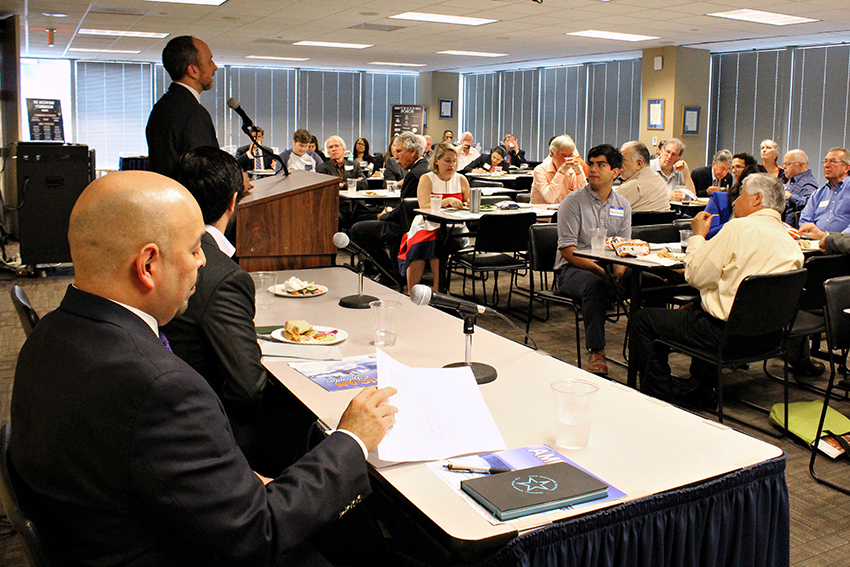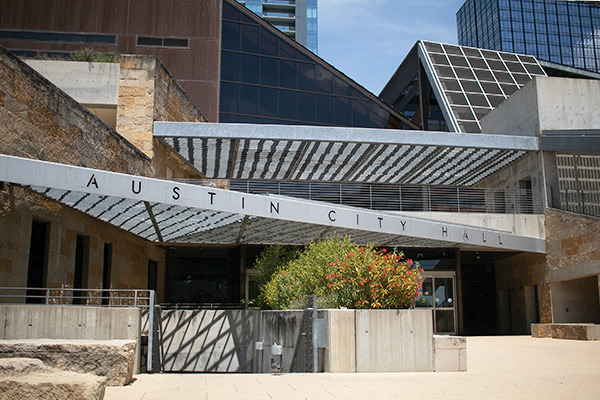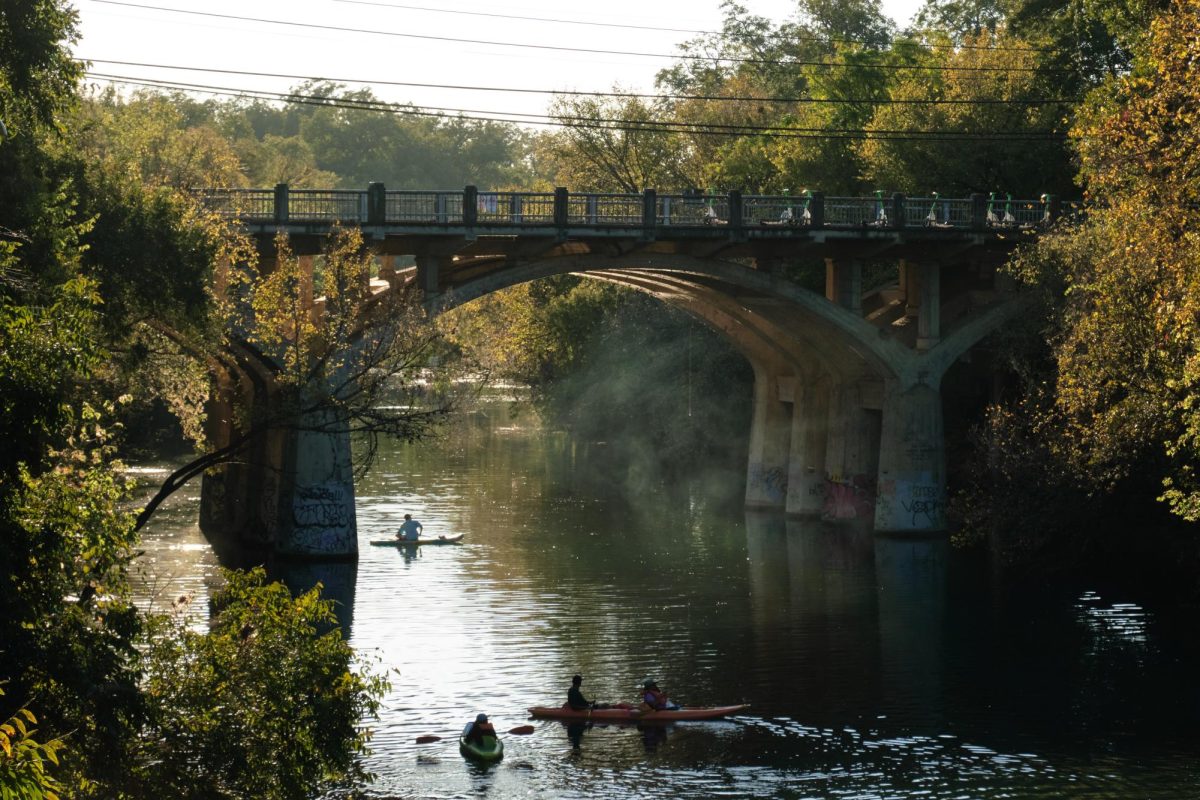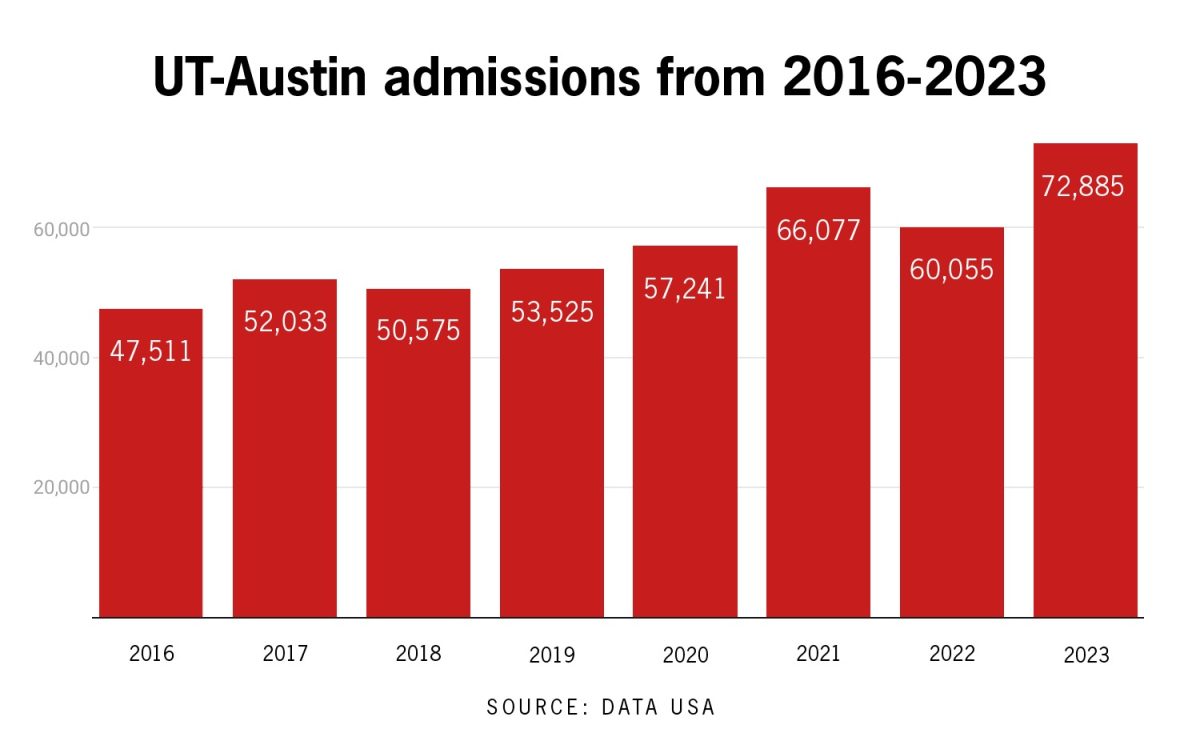Austin city leaders addressed immigration enforcement issues in Travis County on Monday, elaborating on the effects of executive orders and state legislation on sanctuary cities.
Senior policy strategist Matt Simpson from the American Civil Liberties Union discussed Senate Bill 4, which would require all Texas law enforcement agencies to comply with federal Immigration Customs Enforcement detainers while an individual’s immigration status is being investigated.
“What I think is being glossed over, particularly in the Senate, is that this bill would change the way that policing works and undermine public safety,” Simpson said. “It is a radical departure from the way that our officers currently operate. SB4 is a lot worse than people are acting like it is.”
Paul Saldaña, vice president of Austin ISD board of trustees, said a lot of people don’t understand how difficult a conversation the immigration issue is.
“In 1982 there was a (Supreme Court) ruling called Plyler v. Doe that basically said that it’s unconstitutional for states to deny access to public education based on immigration or legal status,” Saldaña said. “Public education is open to everybody, and it’s our mandate as the local school district to ensure that we provide it.”
Saldaña shared the story of one AISD valedictorian who posted about her acceptance to UT and her undocumented status on social media, resulting in a negative backlash because of her immigration status.
“(On the Day Without Immigrants), we had over 20,000 students who did not show up,” Saldaña said. “We depend on the average daily attendance as part of the funding we receive from the state. In that one day we lost a million dollars. That speaks to the fear and the anxiety that our community of undocumented students feel.”
The panel was hosted by the Central Texas Democratic Forum. Council member Greg Casar addressed steps citizens can take to impact immigration enforcement laws.
“If President Donald Trump’s executive order on sanctuary cities becomes more enforced, people need to vote for progressive elected officials,” Casar said.
“I think it’s really important for you all to reach out to businesses and folks who have branches in places like San Antonio or in Dallas where they have county commissioners and state representatives on both sides of the aisle,” Casar said. “They could be better on this issue and keep on getting better if they have the backup and support.”


















